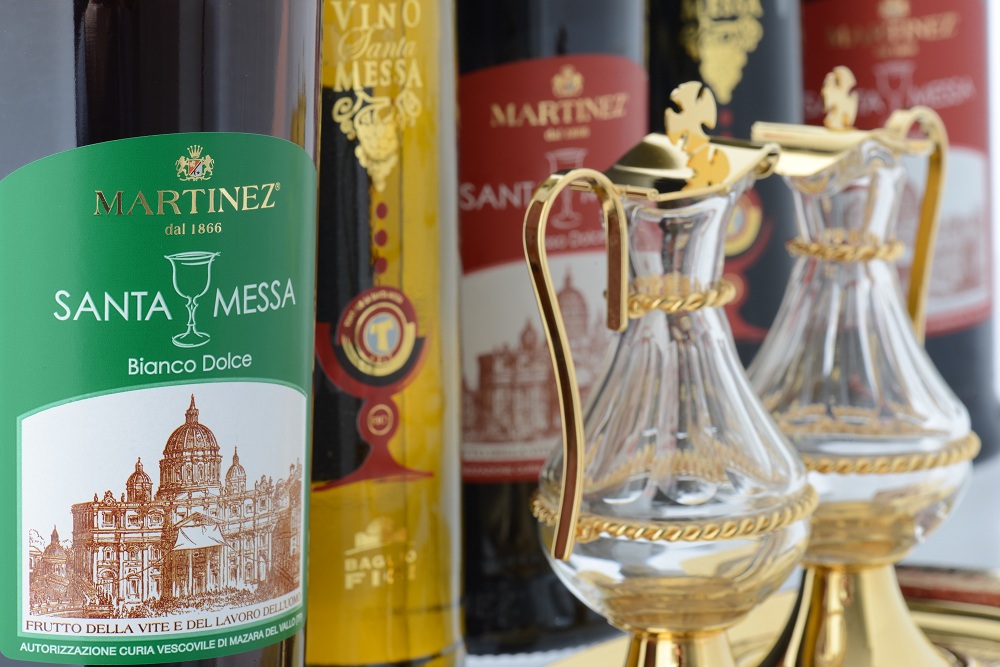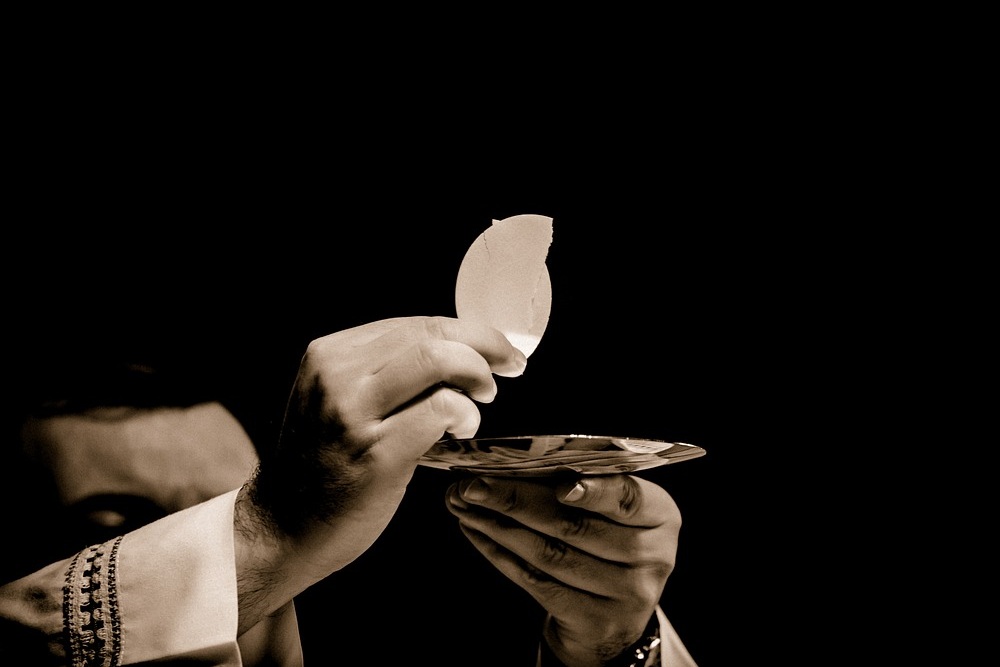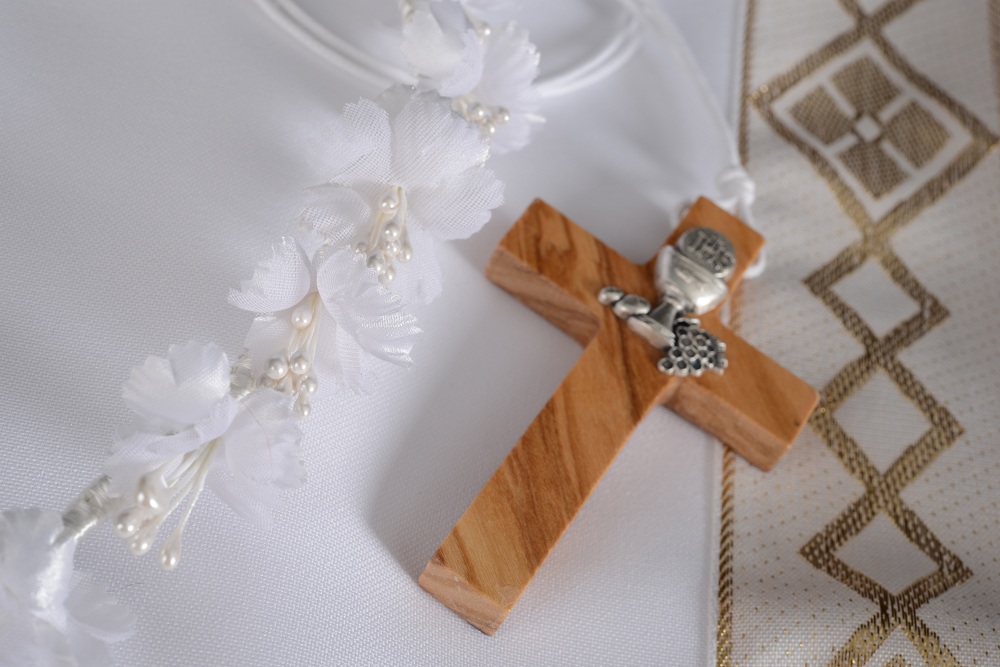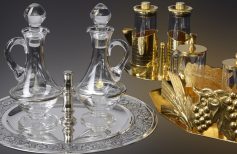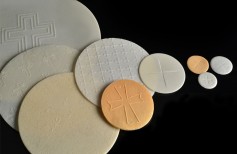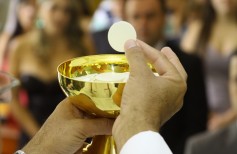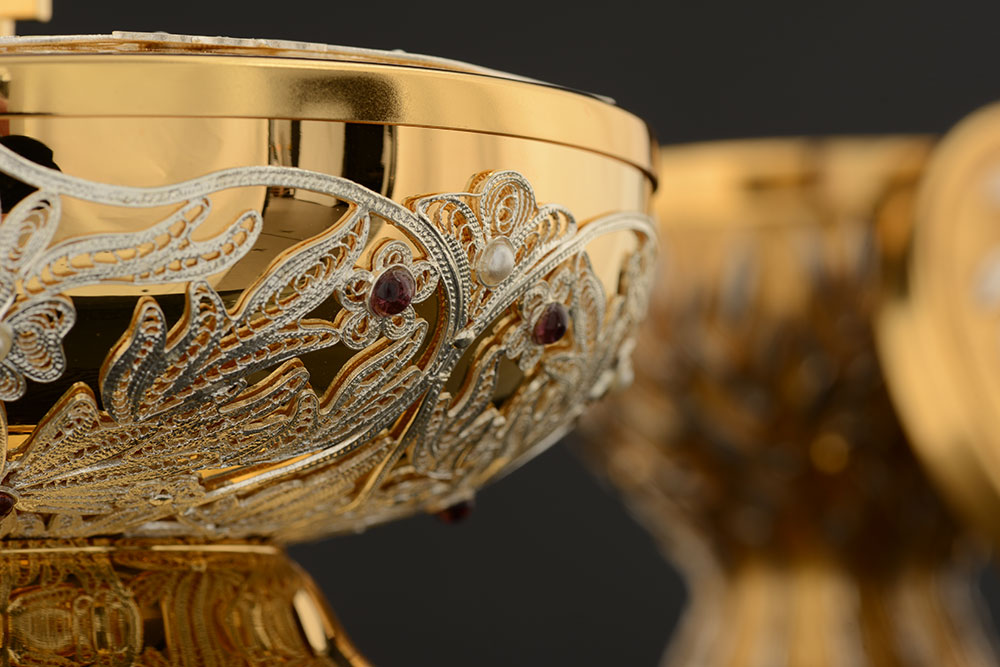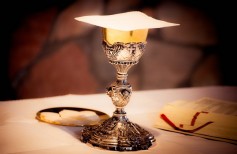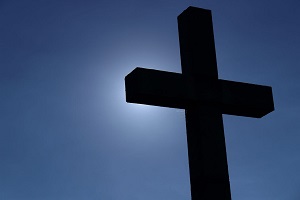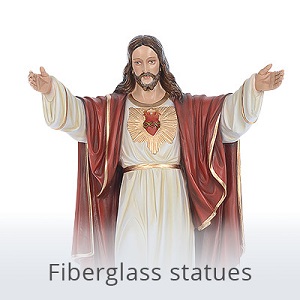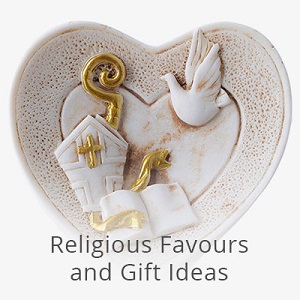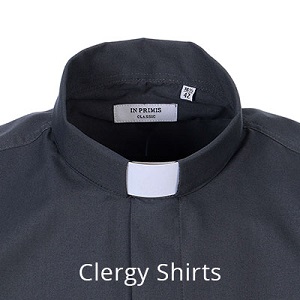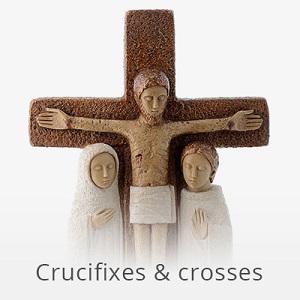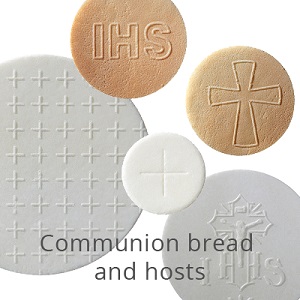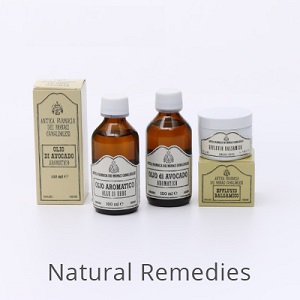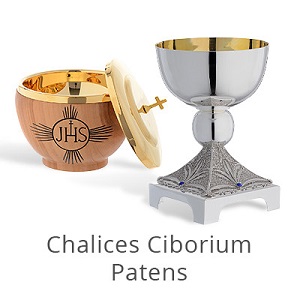During the Last Supper, Jesus offered his disciples bread and wine, celebrating therefore the first Eucharist. Bread becomes body, wine becomes blood, in a solemn ritual that transcends every human understanding, but which has been renewed every day for thousands of years, throughout the world, in the name of infinite love: a promise of hope, salvation and freedom from sins for all men. Beyond the theological and indisputable dogma which this statement is based on, there are some lovely human curiosities we would like to explore with you.
For instance, what wine is used for Mass?
A natural wine, produced according to Article 924 of the Code of Canon Law. It can be produced by a convent or by a laic business: the important thing is that it has received permission from the curia, and meets the chemical requirements. Wine can be either white or red. For example we suggest Martinez’s mass wine, a sweet and liqueur wine produced by the historic Martinez company under the supervision of the Vicar of Fornae, with the Bishop’s permission, or the Morreale’s mass wine, also produced according to the applicable Canon Law and with The bishop of Mazara del Vallo’s permission. The choice of liqueur wines is because they’re easier to preserve.
Is it correct to mix wine and water?
Absolutely yes. In addition to the fact that it was normal to dilute the wine with water at the time of Jesus, there is also a symbolic reason. Water symbolizes the human nature of Jesus mixed with the divine one, represented by the altar wine. Furthermore, mixing water and wine reminds of Jesus who, by taking our sins on him, erases them.
Bread and wine have the same importance in the Eucharist?
Yes. The Priest is obliged to consecrate both and consume them during the celebration. If he’s a non-drinker, it can be limited to a minimum quantity of wine, or even just dip the consecrated host. Instead, the priest can decide whether to give the faithful only one of the two elements or both, since Jesus is present in both bread and wine. The choice in this case depends on the priest.
What to do if the wine falls
Consecrated wine is, in all respects, the blood of Christ, and as such sacred. It can’t be poured in vain, it absolutely can’t be thrown away, and punishment is excommunication. If there’s wine left in the cup, the celebrant must drink it. Throughout the rite, wine must be covered by a small veil, because no external body can contaminate it. If it falls accidentally, it is necessary to wash the area with water which will then be poured into the sacristy of the sacristy.
And what if a non-priest drinks wine outside the Mass?
Well, it’s wine, which could be more or less nice. What makes it special is not the taste, but its consecration. If, however, it’s drunk outside the Mass with a blasphemous purpose, the punishment is excommunication.

